Although COVID-19 infections in some regions have increased slightly and travel during the upcoming May Day holiday is expected to boom, the possibility of large-scale outbreaks occurring in the short term remains small, officials said on Wednesday.
Authorities have stepped up surveillance of imported new variants and the medical response at elderly care centers and other high-risk facilities, as well as increased beds and medication stockpiles at hospitals, as part of preemptive measures to cope with potential outbreaks, they said.
He Qinghua, an official with the National Administration of Disease Prevention and Control, said during a news conference that China's epidemic situation remains stable, but new infections appear to be gradually rising in some areas.
"This month, the domestic epidemic hit its lowest level since December," he said. "But since the middle of this month, the daily number of new positive cases and their proportion in fever clinic visits have been rising a bit."
He said that new infections are mostly made up of people who have never been infected, who are immunocompromised and whose immunity levels have diminished.
"Massive population movement during the May Day holiday will likely increase the risk of virus transmission, but the chance of large-scale outbreaks is small," he said.
Travel during the holiday from Saturday to May 3 will reach a new high this year from the same period in 2020, according to the Ministry of Transport.
He said that China will ramp up surveillance of imported novel strains and the evaluation of their risk to the local epidemic situation.
"Schools, elderly care and social welfare centers should arrange swift diagnosis and testing for people exhibiting fever, cough and other symptoms to prevent infection clusters at these venues," he said, adding that disease control and medical centers will also beef up surveillance and early detection of common infectious diseases in spring and summer.
He added that ventilation at transport hubs, supermarkets and indoor tourist attractions, and disinfection of public facilities should be strengthened.
Guo Yanhong, head of the National Health Commission's medical emergency response department, said that all fever clinics should stay open during the holiday, and hospitals should beef up stocks of drugs, diagnostic kits and medical equipment related to COVID-19 treatment.
"We have particularly emphasized stocking up on antiviral drugs and equipping sufficient ambulances in communities," she said, adding that senior experts have been arranged to offer guidance online and offline for grassroots medical workers.
Chen Cao, a researcher from the Chinese Center for Disease Control and Prevention, said that BA.5.2, BF.7 and their sublineages now account for the majority of domestic infections, but the number of local cases with XBB strains is rising quickly, from 1.5 percent in early March to 18 percent during the nine days from April 10 to 19.
As of Saturday, China had detected 57 infections with the specific strain of XBB.1.16 that is threatening to dominate global circulation.
"Even though XBB.1.16 is highly transmissible and is equally as immunity evasive as its predecessors, there is no report suggesting that it can cause more severe cases or is more deadly," he said.






























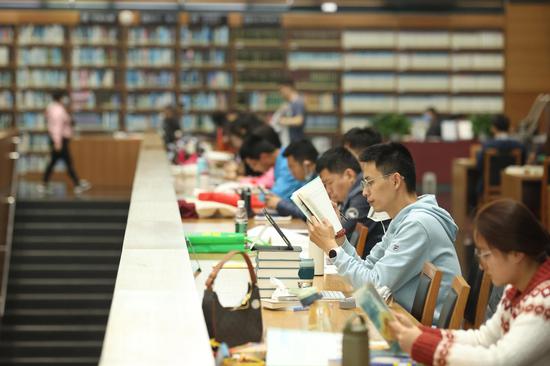








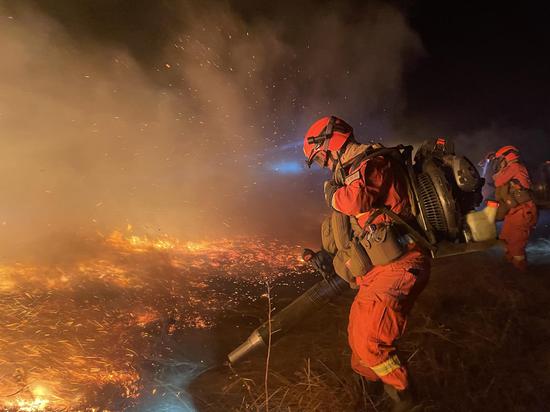
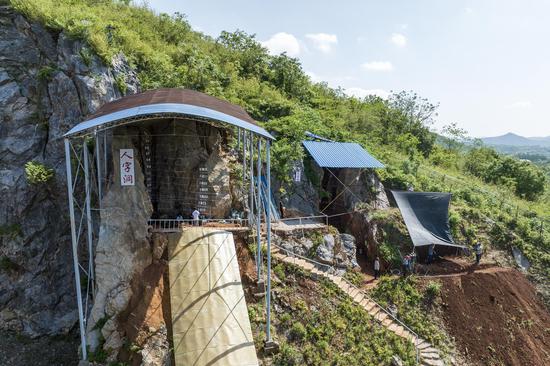

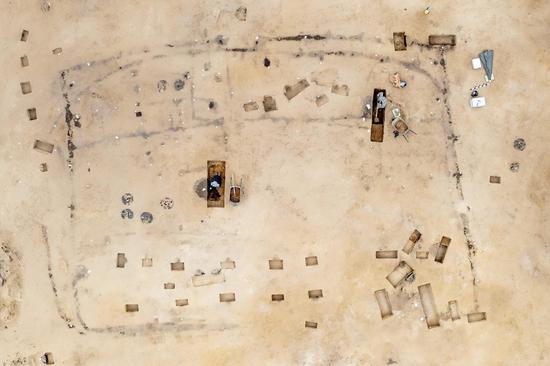

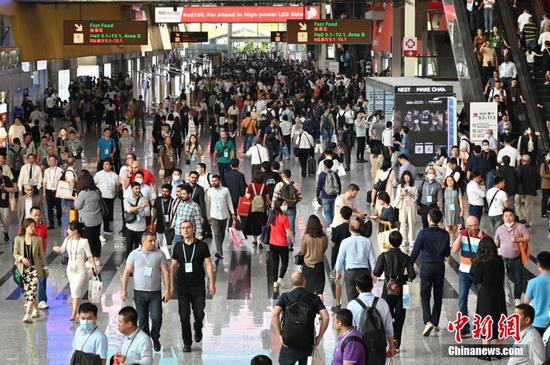





 京公网安备 11010202009201号
京公网安备 11010202009201号